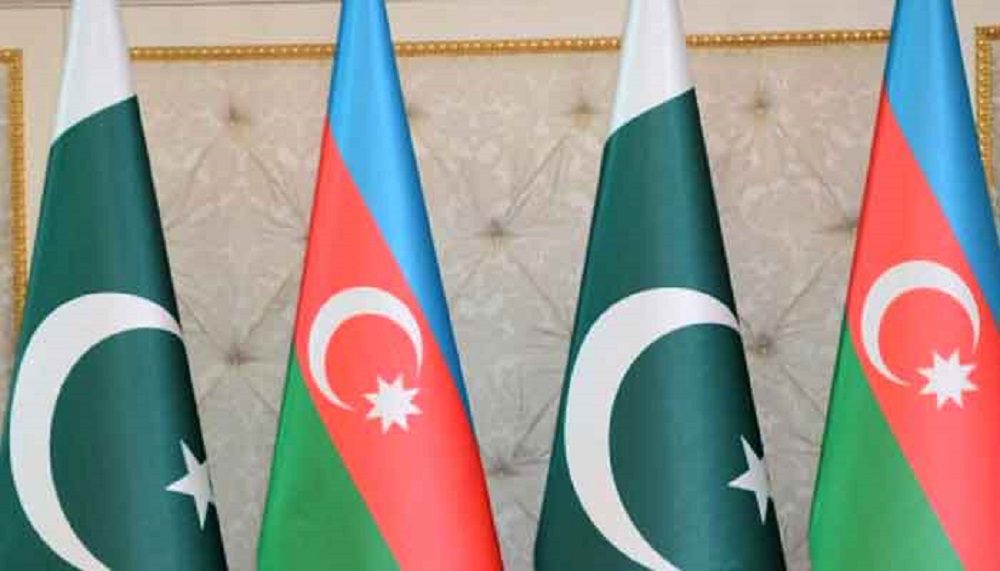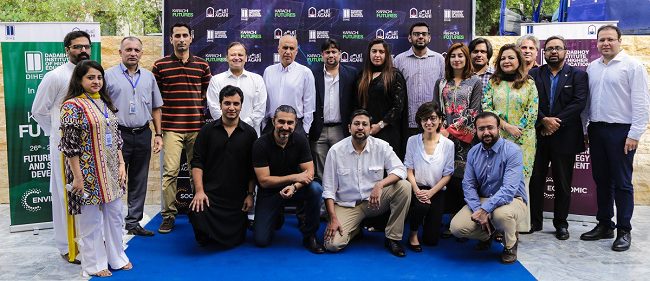The UNESCO Regional Office for East Africa has partnered with Huawei Technologies (Kenya) Co., LTD to train faculty members from universities and colleges that are in the early stages of career and eager to formulate and integrate AI into their teaching course as part of their courses in countries in the East Africa region. Developing […]
UNESCO and Beaconhouse National University Partnership on Pakistan’s Creative Future
Beaconhouse National University (BNU) is set to commence its first ever five-day Start-up and Accelerator creative business training programmes from October 27, 2019. The programmes are being offered under the Pakistan’s Creative Future project in partnership with United Nations Educational, Scientific and Cultural Organization (UNESCO) with support from the Korea Funds-In-Trust (K-Fit). The programmes will […]
Azerbaijan invites Pakistan to ‘Take another look’
With an aim to attract more visitors from Pakistan and South Asia, Azerbaijan Tourism Board (ATB) is participating in the 2019 Pakistan Travel Martin Karachi, taking place from October 8-10. “We are delighted to introduce our country and the “Take another look” campaign in Pakistan through Pakistan Travel Mart. South Asia is a key region […]
Dadabhoy Institute of Higher Education Leads Futures Training in Pakistan
Dadabhoy Institute of Higher Education (DIHE) along with AGAHI, the country partner of the Millennium-Project, a Global Futures Studies & Research participatory think-tank conducted a two-day leadership session on Futures Thinking and Strategy Development; the working sessions were designed and delivered by Professor Sohail Inayatullah, UNESCO Chair of Futures Studies. Dadabhoy Institute of Higher Education organized […]








